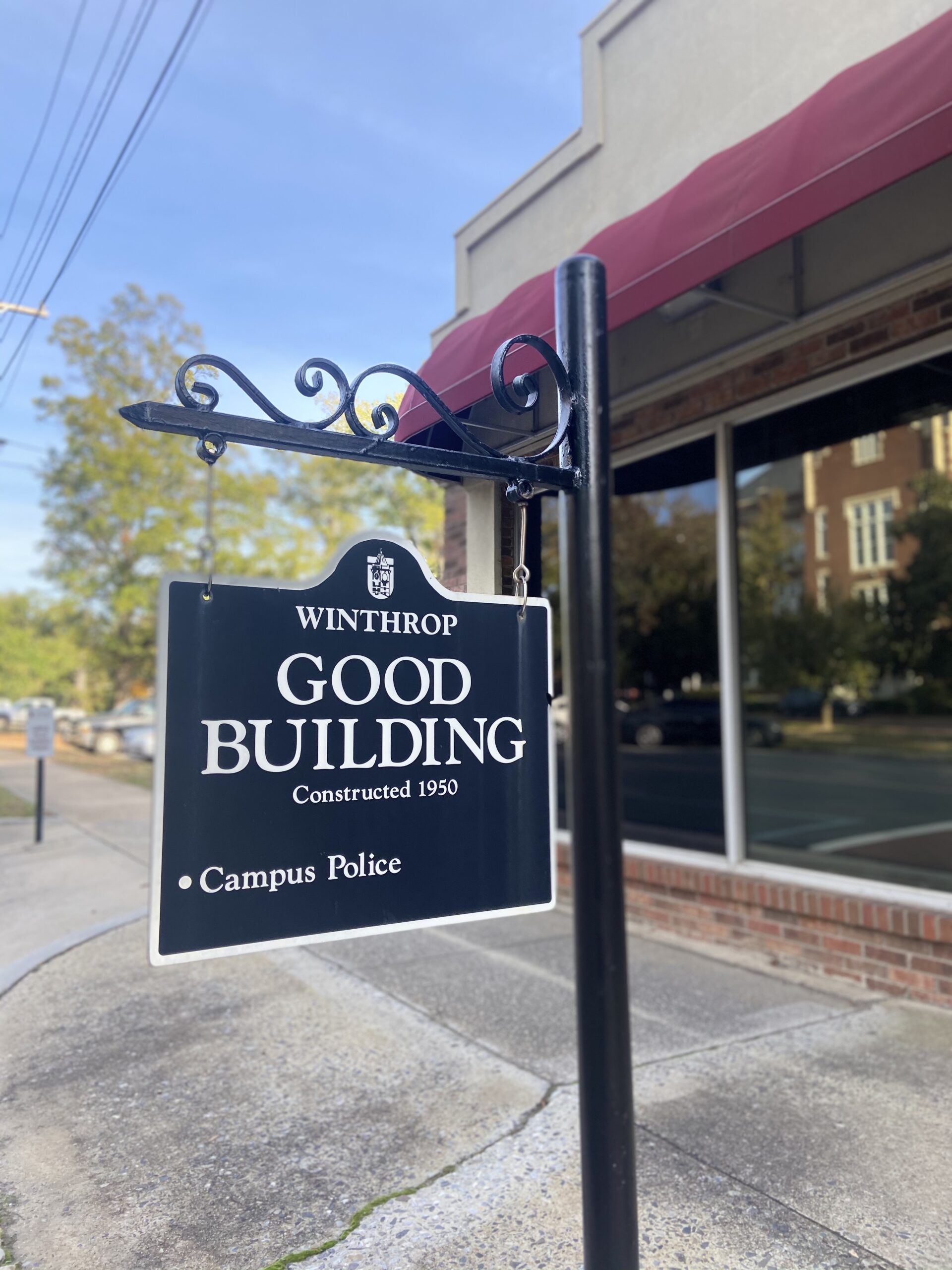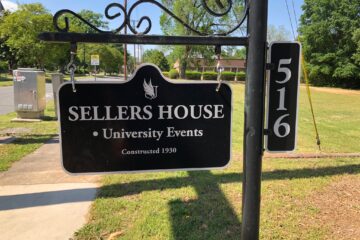Last month, former Winthrop University Police Department officer Charles Price was terminated from his position and arrested for over 51 criminal charges including criminal sexual conduct against minors, kidnapping and incest. In light of these charges, some Winthrop students have expressed distrust in the WUPD’s hiring process for new law enforcement officers.
“In my freshman year, we were put in a room with one of our officers, and the campus police educated us about what they do and handle,” Lindsey Burrell, a senior mass communication major said. “The speaker, who was a WU police
officer, gave us his phone number and talked about all the jurisdiction that they have. And yet this is who they’re hiring? We haven’t heard anything from the university; everything I’ve heard is from local news sources. There’s a huge lack of trust and transparency there.”
In response to these reactions and to provide clarification on how the university police department selects and hires officers, Assistant Chief of Police, Charles S. Yearta, elaborated in an interview on the WUPD hiring process.
“The Winthrop Police Department is a state law enforcement agency, not security guards or a related group,” Yearta said. “They are fully certified law enforcement officers through the state of South Carolina. The requirements for employment as a certified law enforcement officer is the same as everyone else in the state, as imposed by the South Carolina Law Enforcement Training Council. The minimum requirements they have set forth is that you have to have a high school diploma or GED, you have to pass a medical screening background, a background investigation has to be conducted on you and no crimes of what we call moral turpitudes or misconduct have been discovered. Certain crimes are an automatic disqualifier within a certain timeframe, such as a DUI or domestic violence, since you can’t legally drive or own a handgun at that point.”
According to Yearta, a background check is performed against all candidates on a local, state and national level.
“For law enforcement officers, there are certain background aspects that are mandated due to the security clearance and access to various systems they have. In South Carolina, every law enforcement officer has to have their fingerprints taken, which are then submitted to the FBI. The FBI then returns with information on whatever crimes this person has ever been charged with, that the person’s fingerprints are linked with an unsolved investigation, or that they have no record. On the state side, the fingerprints are funneled to the South Carolina Law Enforcement Division in Columbia, where the criminal history of everyone in the state is housed. The state check is performed to see if a candidate has ever been convicted of any crimes at the state level,” Yearta said.
“On the local level, depending on the circumstances, we also then do a variety of background checks to determine if a candidate has told us the full story, left details out or has shown to be in some way dishonest,” Yearta said. “We then contact a person’s educational institutions, whether it be a two-year or technical school, a four-year school, or, rarely, a person’s high school for information on behavioral issues or anything that would get you referred to the dean of students here. On top of that, we do employment references, where we check to see if the employment history and information given to us is accurate. We then call the previous employers, no matter if it’s law enforcement or working at Publix, to see if there’s anything they’ve omitted or lied about. We then do character references, where we contact neighbors and friends and family members they may have listed. Usually, we’ll contact the character references and ask them for more names and references, and then contact those people for some names, and so forth.”
After a candidate has met these basic criteria, applicants are accordingly separated into an A, B and C pool, according to Yearta. Pool A is made up of candidates who are already certified through the South Carolina Criminal Justice Academy, whereas applicants sorted into pool B have law enforcement certification from outside of the state. Candidates who have received certification out of state have to submit their credentials to the SCCJA for review, where they determine whether the
applicant can immediately receive state certification or must be put through partial or full state academy training.
Finally, pool C candidates are applicants who have not yet received law enforcement certification in any state, but have a background in criminal justice like work in security and military or an educational background in related fields. If selected,
a pool C candidate must complete SCCJA training for a minimum of five weeks and a maximum of 12 weeks, where they receive instruction on firearms, driving, legals, use of force, defensive tactics and other law enforcement techniques. When a selected recruit has completed their training and returns to begin work for the WUPD, they are assigned a field training officer who will accompany and grade their general performance, which can last from three months to a year depending on the officer.
“Part of when we look through all the pools, is looking for good fits for policing in higher education environments. Officers who work for the WUPD do their jobs just as efficiently as other police departments, but we kind of do our job differently in that we understand that this is a campus of higher learning and that for the students that are here, it’s usually their first time away from home and that there’s a maturing and growing aspect for them. We try to look for officers that understand and can meld that into their job as a law enforcement officer,” Yearta said.
As of Nov. 3, the WUPD has hired two recruits from pool C, who will be transferred to the SCCJA in January of next year.
Photo by Kaily Paddie




